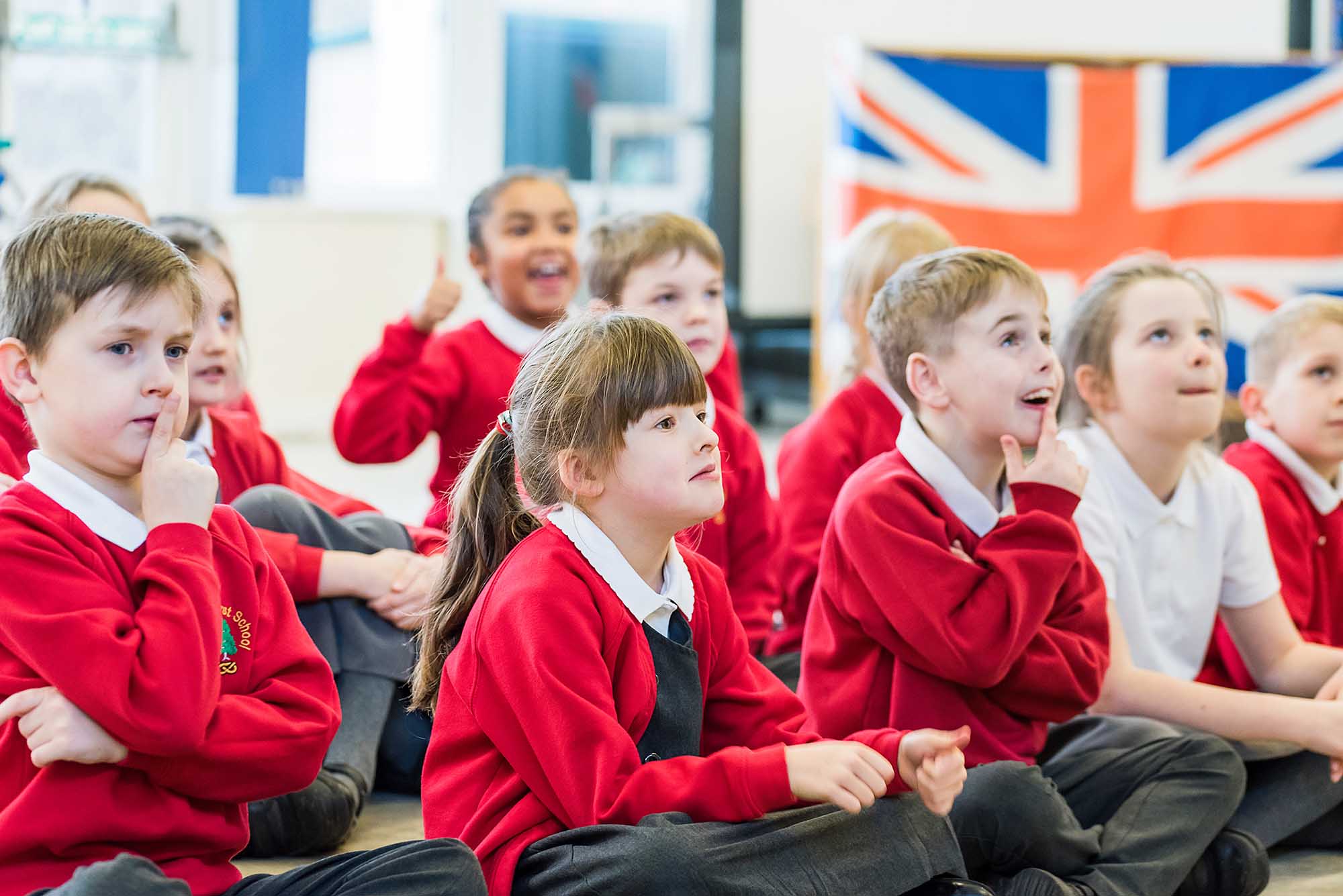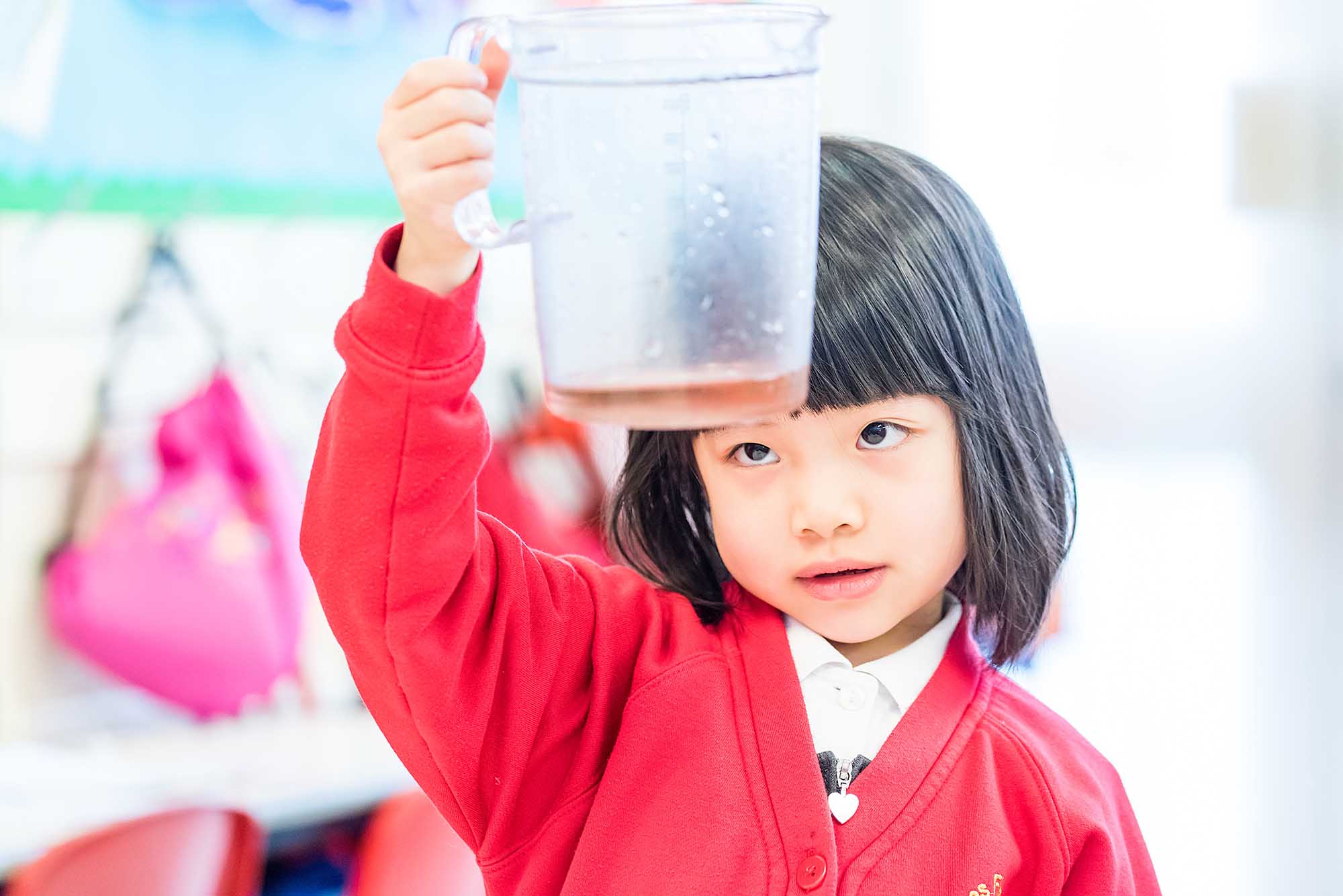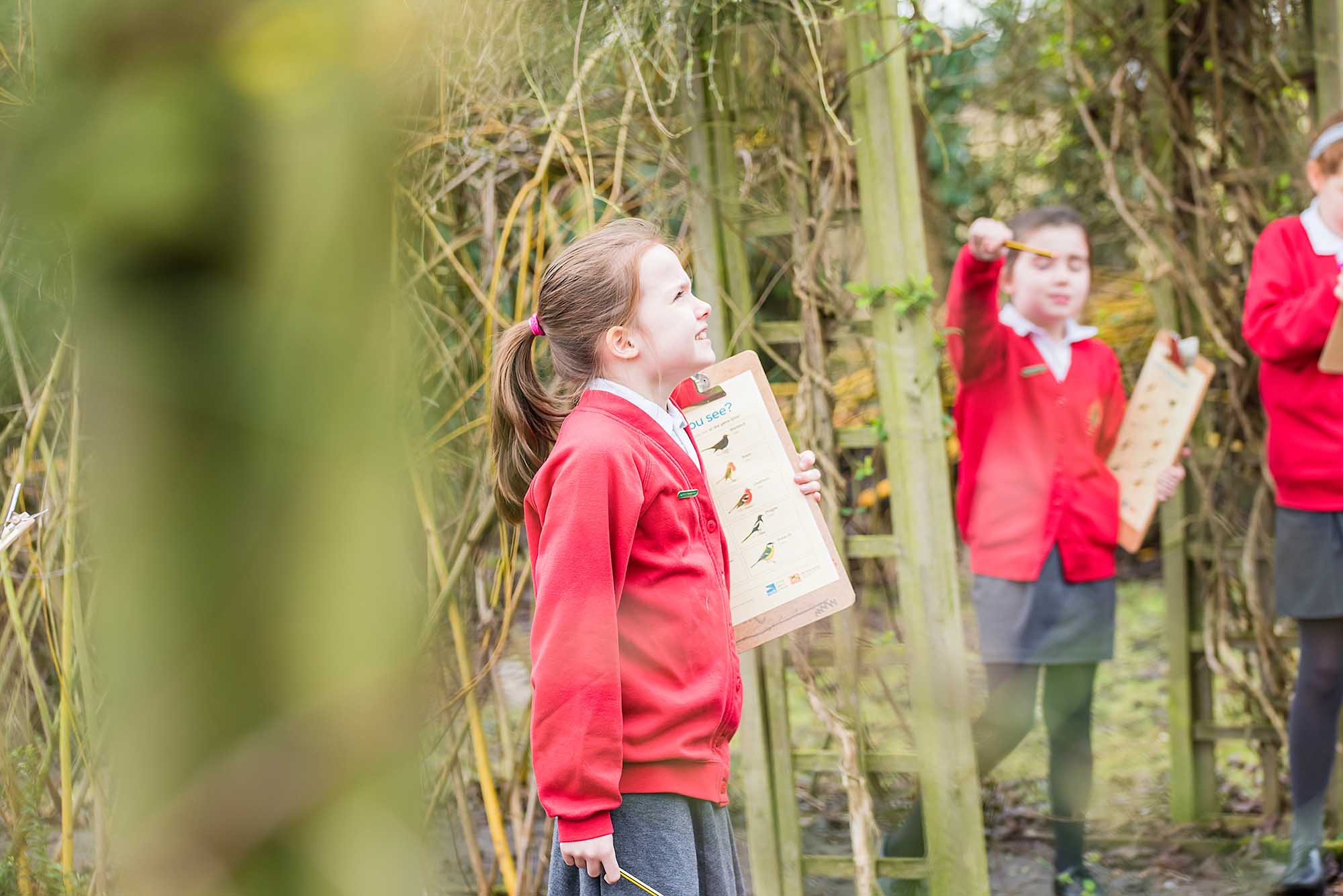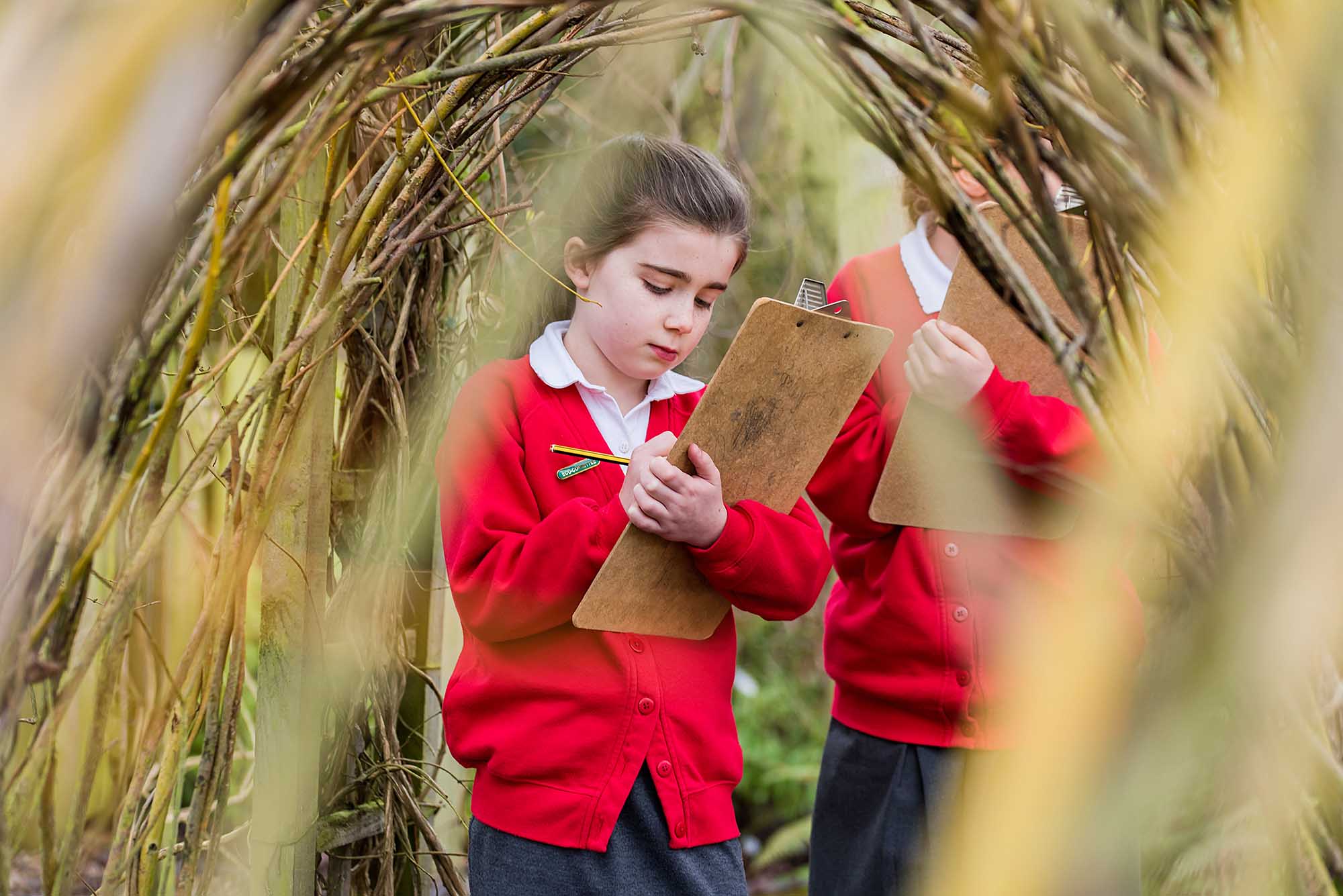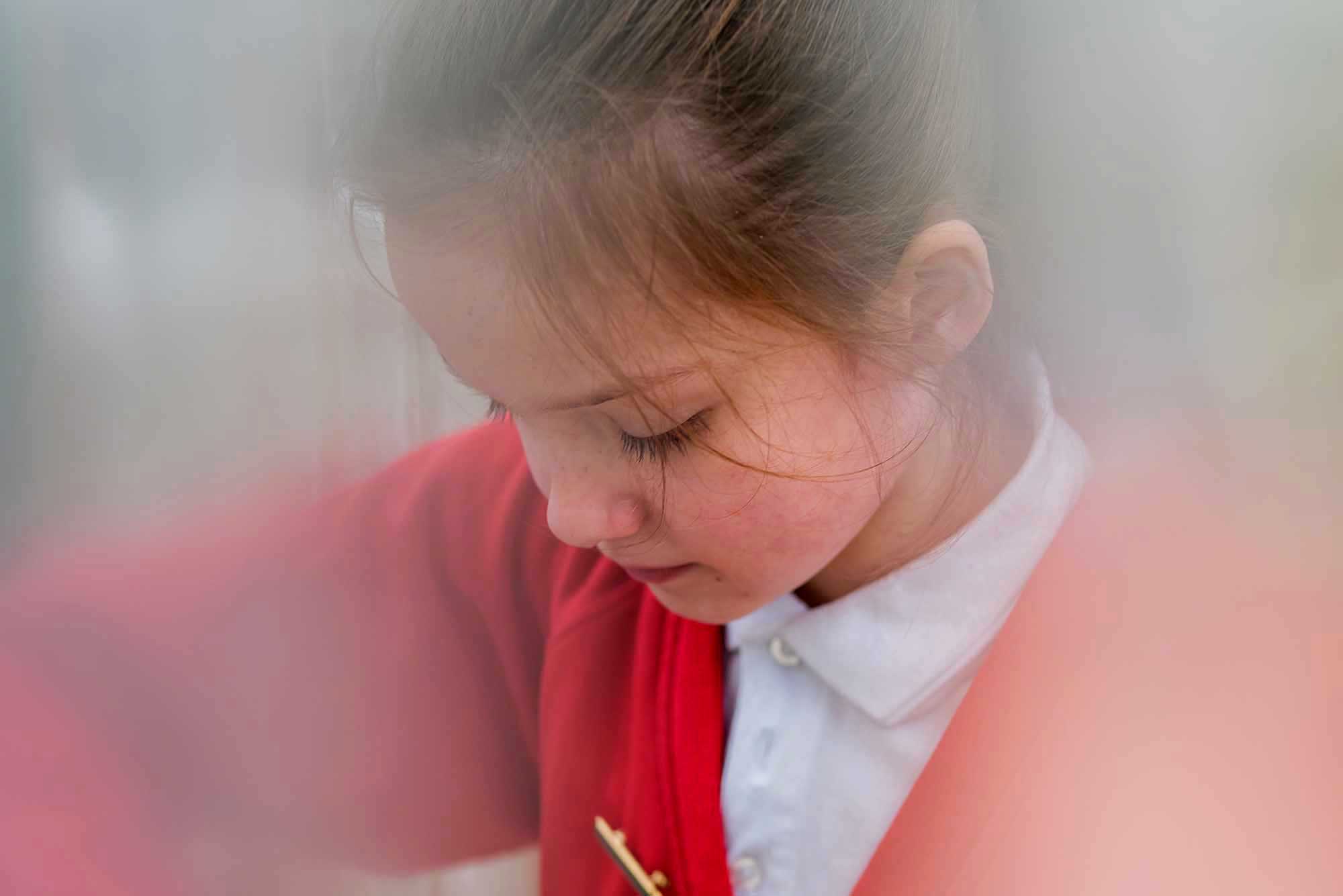English Intent Statement
English at Birches First School is centred around the intention to…
Ensure learners develop the skills and understanding of the Early Years Foundation Stage and National Curriculum for English, embedded throughout all areas of our curriculum and aspects of school life.
Our aim is for children to develop secure basic skills of Reading, Writing and Communication to enable them to communicate effectively, in a range of contexts and for a range of audiences. Skills such as sound phonological awareness and the ability to decode; blending and segmenting fluently. Accurate spellers, able to apply learnt spelling rules to all writing contexts. Understanding of sentence structure and the different styles and purposes of writing as well as grammatical knowledge and an understanding of punctuation and its correct use. Confident speakers who are able to listen to others as well as question, discuss, debate, explain and persuade.
We strive to provide a language rich environment where children are exposed to a deep and rich vocabulary. Children are encouraged to explore the meanings of new words and enjoy extending the range of words at their disposal.
We promote a love of reading; encouraging children to experience and explore a range of high-quality texts and much-loved classics as well as traditional tales and nursery rhymes. We aim to ignite a passion for writing, enabling children to develop flare and their own personal style.
Our learners are encouraged to develop these vital skills to enable them to lay the foundations for lifelong success and prepare them for the next stage of their journey as readers, writers and communicators; taking with them passion, confidence and ambition. To continue to read and marvel in the wonder of a book, to write effectively but also creatively and with enjoyment. To take with them the skills to express themselves and share their opinions with the world.
English Implementation Statement
How is English taught at Birches First School?
As a one form entry first school, children are taught in mixed ability classes for English. English lessons are taught daily, following a focus text to provide a stimulus for narrative, non-fiction or poetry outcomes (where possible). Staff teach skills in a progressive way, skilfully building on the foundations they have previously acquired. Children are given the opportunity to practise, develop and enhance their literacy skills. We promote literacy skills through a range of extra activities such as whole school writing projects, celebrating authors (Roald Dahl day/Author visits) and World Book Day.
Reading
Children take part in teacher-led whole class/ guided reading sessions. Using the VIPERS approach, each session is focused on developing children’s fluency and reading skills (Vocabulary, Inference, Prediction, Explanation, Retrieval and Sequence (KS1) / Summarise (KS2)). At times, children may read with an adult in a guided reading group.
Each class also has a class reading book. Each day, children will experience a story being read to them by an adult. This models a range of reading skills as well as engaging children with a range of high-quality texts which have been selected from either children’s interests or from recommended book lists.
In Early Years, children read individually with an adult at least once a week, share texts as part of a small adult led group and have daily story-time. Reading opportunities are also provided through continuous provision activities both indoors and outdoors.
Writing
A range of writing opportunities, outcomes, purposes, contexts and audiences are planned for during English lessons. Staff make good use of WAGOLLs (What a Good One Looks Like) to model and scaffold children’s writing to provide children with the opportunity to identify and make improvements (in writing examples as well as their own work). Links are made where possible with the wider curriculum themes to support the embedding of skills across all areas of learning. We provide a wide range of activities including use of film and imagery, modelled, shared and guided writing, peer editing and discussion. Children also complete 3x weekly short handwriting sessions using the Nelson Thornes scheme.
Phonics and Spelling
The school follows the Little Wandle scheme for phonics and is taught daily from Early Years onwards. Additional support for children identified via assessments is provided through our Little Wandle Keep up intervention schemes.
Spelling rules are taught each week and revisited regularly to support children’s application. Weekly spelling tests check children’s recall of learnt rules. Staff also monitor the application of spelling rules to writing tasks. Spelling teaching follows our school Spelling Structure.
Assessment of English
Teachers provide high quality verbal feedback during lessons to support children in moving their learning on as well as written feedback after the lesson. Teachers use the information gained from marking to inform planning for their next lesson. Teachers make ongoing judgements and assessments about a child’s next steps.
Hot and cold tasks may be used in writing to compare progress over a unit of work. Regular controlled pieces of writing are produced to demonstrate progress in writing. More formal assessments are carried out at the end of the term when writing is completed and judged in a separate book, reading tests are completed (NGRTs) and phonic/spelling checks are carried out daily/half termly.
Resources
Rich and varied texts are available to support both the teaching and learning of reading and writing throughout school. A range of online resources including multi-media and visual literacy are also available. Pupils have access to age appropriate word books, dictionaries and thesauruses to support and enhance their spelling and vocabulary and children are taught how to use these. As a dyslexia friendly school, a range of resources and approaches are embedded in our day to day practice.
English, fundamental British Values and SMSC
Pupils experience books with a wide range of themes covering tolerance, mutual respect and democracy. Pupils look at how these themes are presented and how characters embody these values. Lessons explore the meaning of concepts such as liberty, democracy and tolerance.
Spiritual Development – Pupils read a range of texts which inform their perspective on life and their interest in and respect for different people’s feelings and values. Books create a sense of enjoyment and fascination in learning about themselves, others and the world around them, including the intangible. Pupils are encouraged to use their imagination and creativity in their learning. English promotes opportunities for pupils to reflect on their experiences.
Moral Development – Pupils will explore different concepts of right and wrong when reading and responding to a range of texts; for example fables and stories with dilemmas.
Social Development – As well enabling pupils to develop a wide range of basic skills, the teaching of English is used to achieve social goals. English enables pupils to develop a set of values, attitudes and beliefs about themselves and others. Pupils are exposed to a range of characters feelings, which in turn enables them to access and describe their own emotions. Drama opportunities enable pupils to practise social skills such as turn taking and conversational skills.
Cultural Development – Pupils read and respond to a range of poetry and stories from other cultures.
Impact
The percentage of children achieving the expected standard at the end EYFS, Year 1 Phonic Screen and Expected+ at KS1 is above National.
Historically school achieves higher percentages than National for working at Greater Depth.
Children are defined as having reached a ‘Good Level of Development’ at the end of their year in Reception if they have achieved at least the Early Learning Goal in: –
- Personal, Social and Emotional Development
- Physical Development
- Communication and Language
- Specific areas of Mathematics and Literacy
EYFS attainment was once again well above national results at the end of last year (July 2023) due to an in-depth review of practice alongside focused and sustainable action plans for improvement. 87% of children achieved a GLD compared to the national average of 72% (based on the previous year national average – data to be released end of November 2023).
We recognise that children learn to read in different ways. As a school we have invested heavily in the use of a new phonics scheme (Little Wandle). This has helped us deliver high quality phonics sessions. It has had a proven impact as in the 2023 Phonics screening check, we achieved 87% pass rate compared to national average of 79%.
The attainment of pupils at the end of Key Stage 1 working at or above the expected standard was also above the national average (see below):
|
Key Stage 1 Results 2022 |
Working at the expected standard |
Working at Greater Depth |
||
|
|
School |
National |
School |
National |
|
Reading |
82% |
67% |
29% |
18% |
|
Writing |
75% |
58% |
18% |
8% |
|
Maths |
89% |
68% |
18% |
15% |
|
Key Stage 1 Results 2023 |
Working at the expected standard |
Working at Greater Depth |
||
|
|
School |
National |
School |
National |
|
Reading |
83% |
68% |
30% |
19% |
|
Writing |
87% |
60% |
30% |
8% |
|
Maths |
87% |
70% |
30% |
16% |
